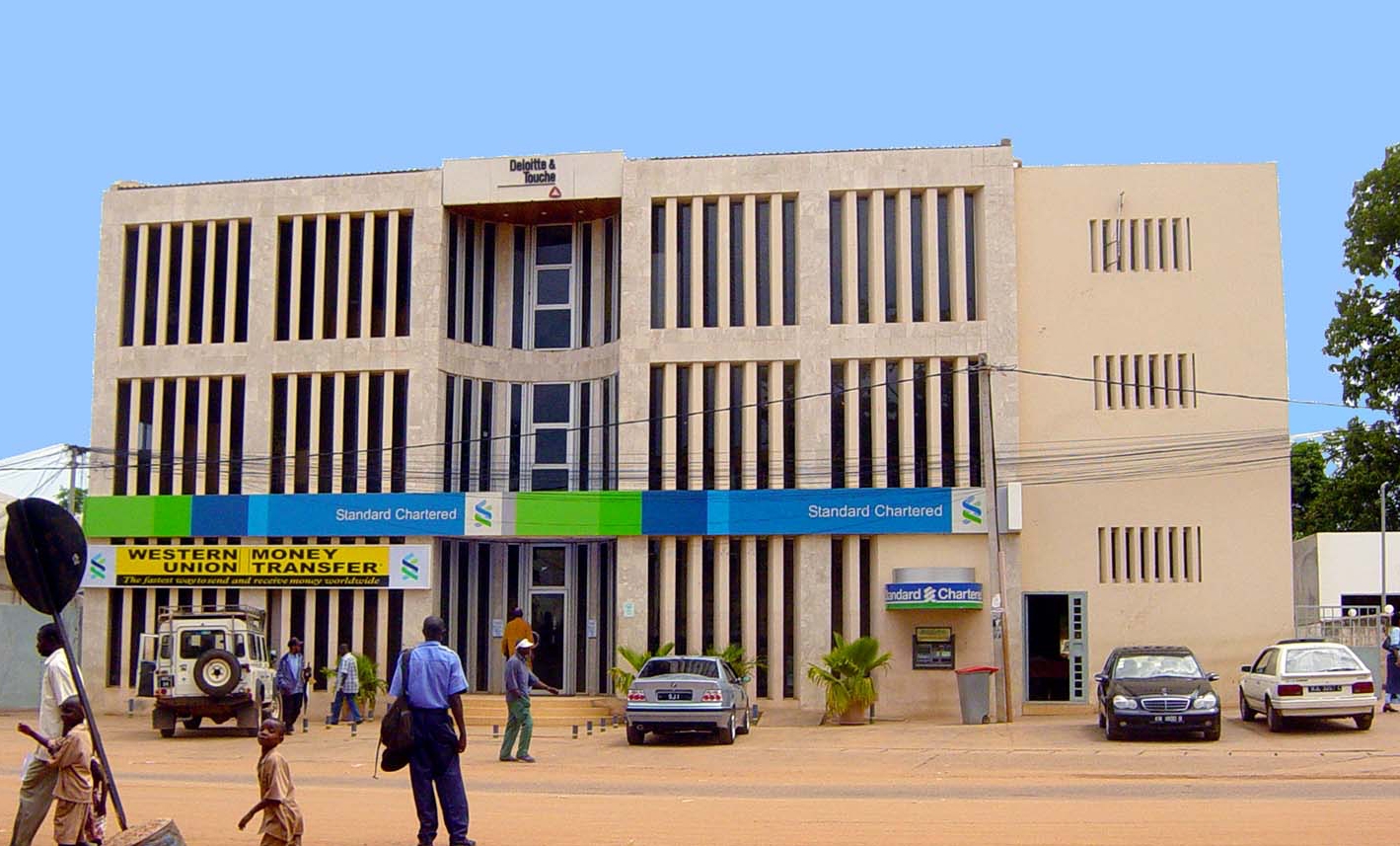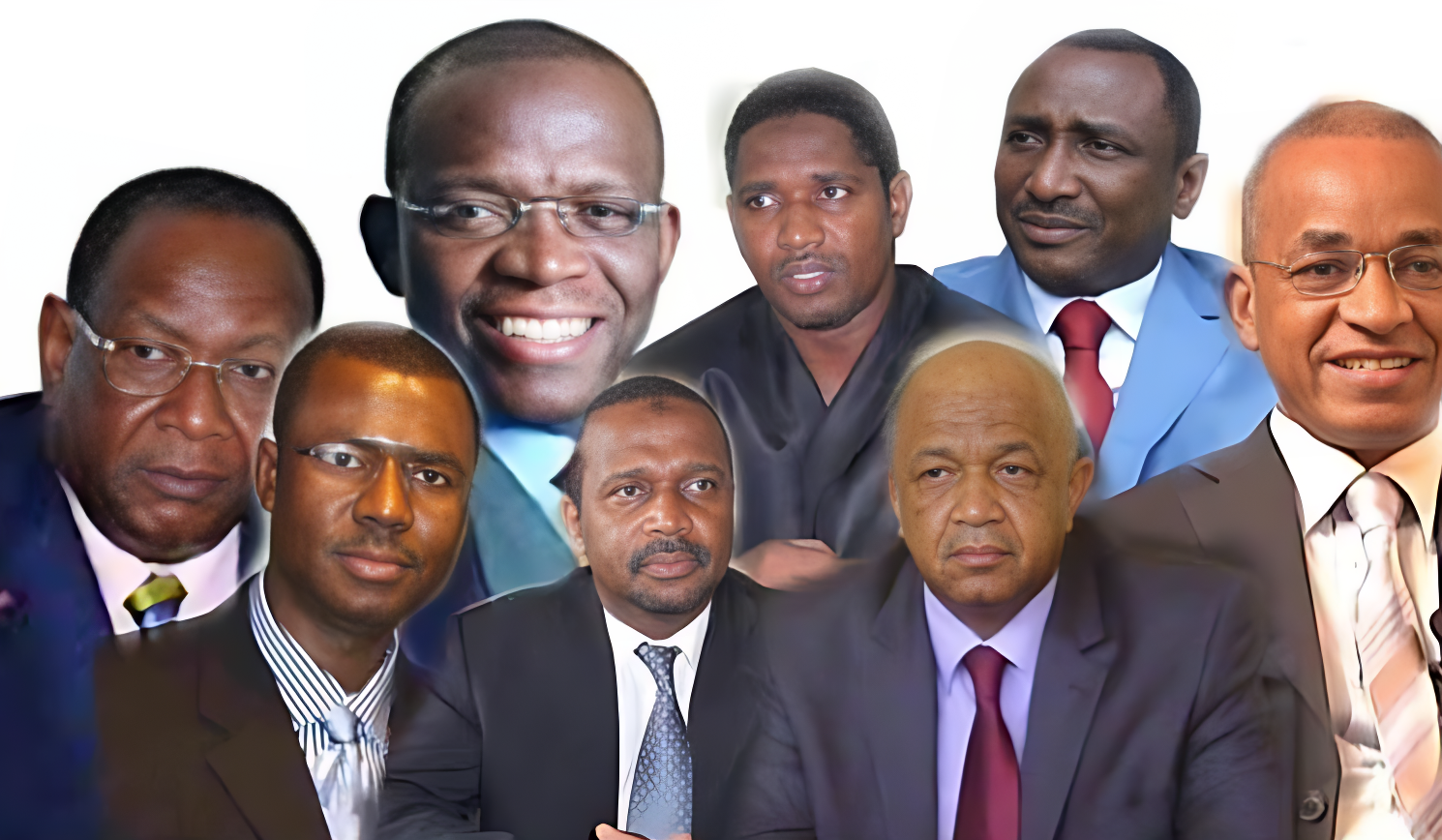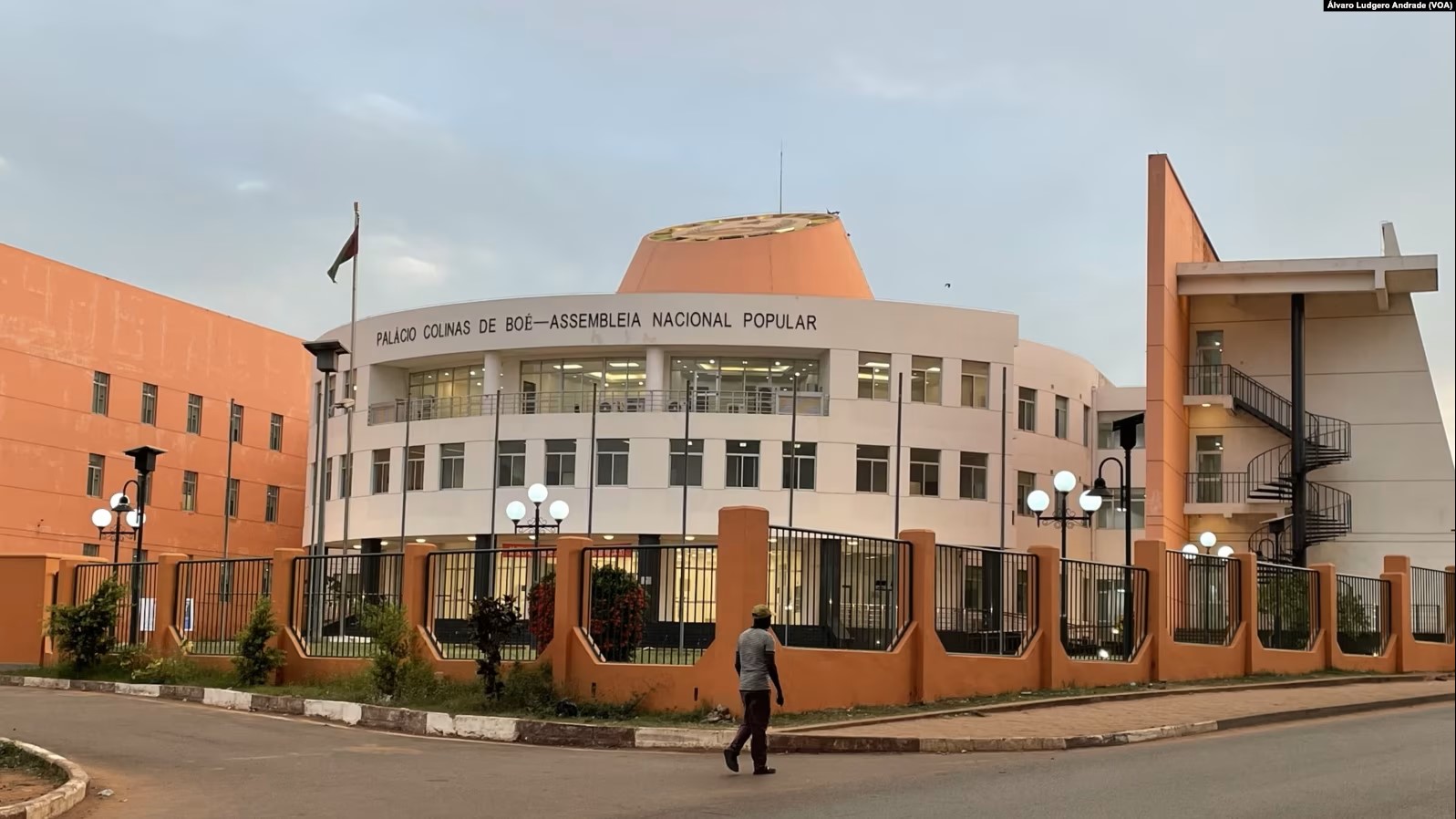President Umaro Sissoco Embaló has just dissolved the parliament of Guinea-Bissau. The Head of State of Guinea-Bissau invoked an attempt to subvert the constitutional order as the reason to dissolve the parliament.
President Embalo mentioned the attacks on the judiciary police in Bissau on November 30 and December 1. Heavily armed National Guard troops assaulted the Judiciary police headquarters, causing at least two deaths.
According to the decree announcing the premature end of the legislature, President Embalo accused the parliament of being more in partisan politics, with “the National Popular Assembly choosing to come out in defense of the ministers suspected of practicing acts of corruption that seriously harmed the highest interests of the state—rather than fighting for the rigorous application of the Budget Execution Law and exercising its role in monitoring the government’s acts.”
Furthermore, according to the president of Guinea-Bissau, there is strong evidence of political collusion and an attempted coup d’état, which “made the normal functioning of the Republic’s institutions unsustainable, facts that underlie the existence of a serious political crisis,” as well as the National Guard’s (GN) action of forcing the release of the Secretary of State for the Treasury, António Monteiro, and the Minister of Economy and Finance, Suleimane Seide.
“We are calling on the people of Guinea-Bissau to return to the polls.” The people have the right to decide since it is the only way for them to freely express themselves and choose new representatives. I will not allow riots and excesses, he warned, saying that the civil war of June 7, 1998, the coup against the former President of the Republic, Kumba Ialá, and February 1st were orchestrated in the National Popular Assembly, but December 1st will be the end of all “monkeys.”
The eleventh legislature of Guinea is now interrupted after the Parliament took office on July 27 as a result of the elections held on June 4.
Although Umaro Sissoco Embalo emphasizes in the decree that “the date for the holding of the next legislative elections will be fixed in due time, in accordance with the provisions of article 68, paragraph f) of the Constitution of the Republic,” the new elections are mandated by the Republic’s Constitution to take place within 90 days.










